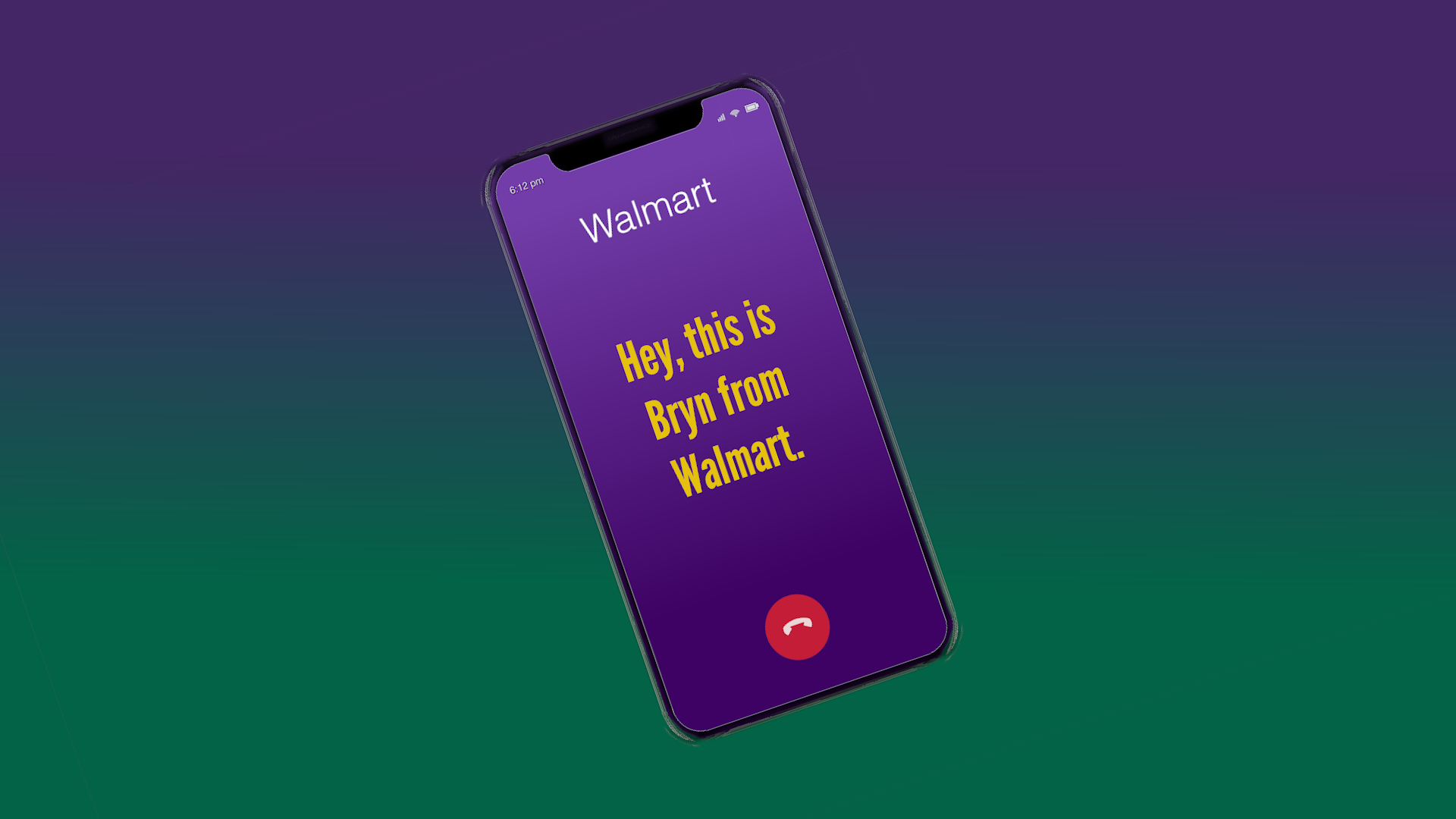QR code con: watch out for fakes in your email
Image: Check Point
BY KERRY TOMLINSON, AMPERE NEWS
You’ll find QR codes at restaurants, on receipts, and sometimes on the back of your cereal box. Do you scan them? Cyber crooks want to turn that habit into an illegal jackpot.
They’re sending out waves of attack emails with QR codes in them, hoping you’ll scan without thinking. Then they’ll try to grab your passwords, data, and money.
Watch here:
ALSO IN THE NEWS:
Fake authors are swindling people with shady AI travel guides
Here’s how easy it is for scammers to use PayPal to trick you
Attackers are infiltrating your Google search results with money-stealing ads
AMPERE NEWS HOME
#qrcodes #scamemails #phishing #cybersecurityawareness









